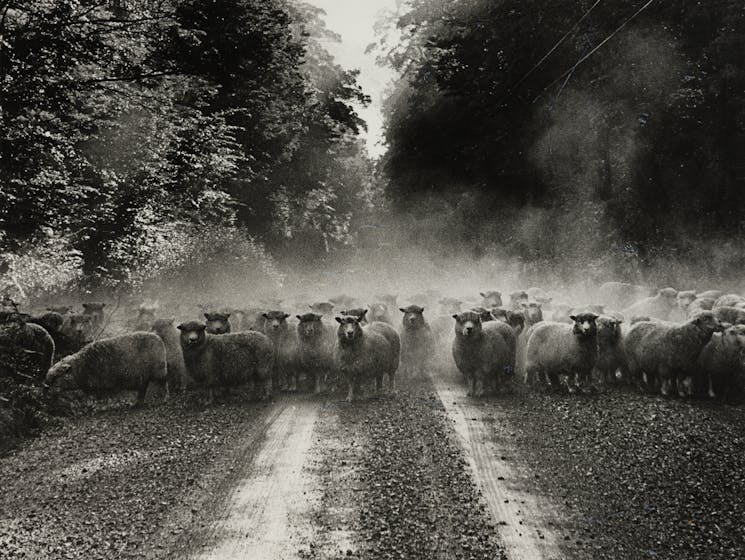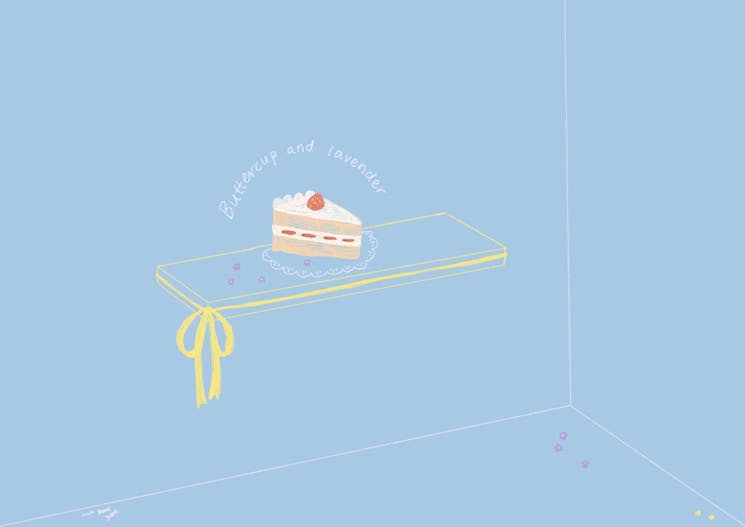Artspace Aotearoa presents the second programme in our new Cinema, Un-Documented: Unlearning Imperial Plunder, the most recent film by theorist, filmmaker and author Ariella Aïsha Azoulay.
Un-Documented: Unlearning Imperial Plunder is committed to showing that statues do not die. This film stands as a rebuttal against the claims made by the film Statues also Die by Alain Resnais and Chris Marker. It’s true that those who plundered millions of objects forced them to exist in isolated museums as showcases condemned to death, but the objects themselves survived, and stand alert in glass cases (and imperial archives) awaiting reunion with their people, scattered across space and time. Plundered objects were uprooted from the communities in which they were made; they were forced to leave the people with whom they shared a world. Their forced migration is parallel to the people who refuse to recognise the legitimacy of imperial borders and seek their place in places where their objects are preserved. Since the exile of these objects, their makers have become endangered. Not that they ceased to produce objects as part of their life, but under the imperial regime, their new objects stood for no objects, which made them objectless of a sort, exposed to different types of violence.
On their quests to ensure their unavoidable reunion with their objects, they are often deemed “undocumented” by a different regime, the one that takes care of people at the borders. As “undocumented” they are denied movement in the world and unduly criminalised for attempts to cross internationally imposed borders. Focusing on plundered objects in European museums and listening to the call of asylum seekers to enter European countries, their former colonising powers, the film defends the idea that formerly colonised people’s rights are inscribed in these objects, that are kept well-documented all these years.
The film is based on the assumption that there is a strong connection between two trajectories of forced migration that are thought as unrelated and are studied separately by scholars from different disciplines in the humanities and social sciences. The first migration is of objects that generated professional care, scrupulous documentation, generous hospitality in museums and archives, and occasional public display. The second migration of people who do not have, never had, or are unable to obtain the documents without which they are banned from access to most kinds of care and hospitality, and from rebuilding their homes and worlds. These objects are those peoples’ documents.
Opening Hours
- Tuesday – Saturday, 11am – 4pm
- Sunday – Monday, Closed
Address
- Ground Floor, 292 Karangahape Road
- Newton, Tāmaki Makaurau, Auckland
Artspace Aotearoa presents the second programme in our new Cinema, Un-Documented: Unlearning Imperial Plunder, the most recent film by theorist, filmmaker and author Ariella Aïsha Azoulay.
Un-Documented: Unlearning Imperial Plunder is committed to showing that statues do not die. This film stands as a rebuttal against the claims made by the film Statues also Die by Alain Resnais and Chris Marker. It’s true that those who plundered millions of objects forced them to exist in isolated museums as showcases condemned to death, but the objects themselves survived, and stand alert in glass cases (and imperial archives) awaiting reunion with their people, scattered across space and time. Plundered objects were uprooted from the communities in which they were made; they were forced to leave the people with whom they shared a world. Their forced migration is parallel to the people who refuse to recognise the legitimacy of imperial borders and seek their place in places where their objects are preserved. Since the exile of these objects, their makers have become endangered. Not that they ceased to produce objects as part of their life, but under the imperial regime, their new objects stood for no objects, which made them objectless of a sort, exposed to different types of violence.
On their quests to ensure their unavoidable reunion with their objects, they are often deemed “undocumented” by a different regime, the one that takes care of people at the borders. As “undocumented” they are denied movement in the world and unduly criminalised for attempts to cross internationally imposed borders. Focusing on plundered objects in European museums and listening to the call of asylum seekers to enter European countries, their former colonising powers, the film defends the idea that formerly colonised people’s rights are inscribed in these objects, that are kept well-documented all these years.
The film is based on the assumption that there is a strong connection between two trajectories of forced migration that are thought as unrelated and are studied separately by scholars from different disciplines in the humanities and social sciences. The first migration is of objects that generated professional care, scrupulous documentation, generous hospitality in museums and archives, and occasional public display. The second migration of people who do not have, never had, or are unable to obtain the documents without which they are banned from access to most kinds of care and hospitality, and from rebuilding their homes and worlds. These objects are those peoples’ documents.


